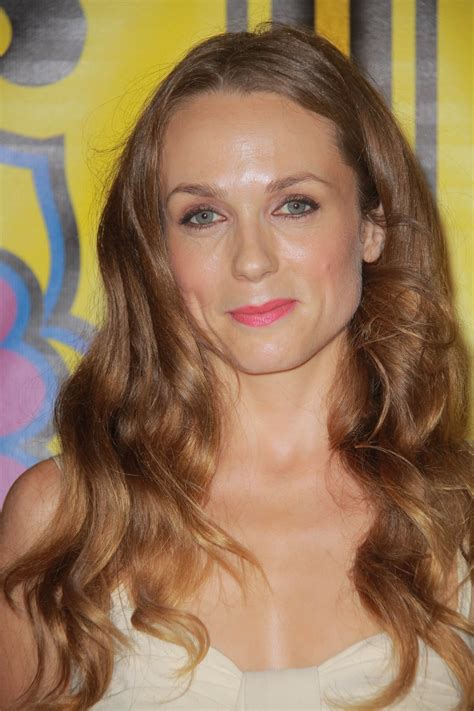A Quote by Drew Goddard
The more work you put in on your outline and getting the skeleton of your story right, the easier the process is later.
Related Quotes
So if we can't express it or repress it, what do we do when we feel angry? The answer is to recognize the anger, but choose to respond to the situation differently. Easier said than done, right? Can you actually imagine trying to strong-arm your anger into another, more amicable feeling? It would never work. Determination alone won't work. It takes a new intelligence to understand and manage our emotions. By getting your head and heart in coherence and allowing the heart's intelligence to work for you, you can have a realistic chance of transforming your anger in a healthy way.
I have a word for you. I know your whole life story. I know every skeleton in your closet. I know every moment of sin, shame, dishonesty and degraded love that has darkened your past. Right now I know your shallow faith, your feeble prayer life, your inconsistent discipleship. And my word is this: I dare you to trust that I love you just as you are, and not as you should be. Because you’re never going to be as you should be.
en you show up to work and put on your undergarments, throw on your suspenders and your cowboy boots, throw some dirt on you, and then get on your spurs, you start to walk a bit different. When you put on your gun belts, you change again. You go through this whole transformation process. All that stuff changes you. Riding a horse changes the way you walk and your demeanor.
The story, I like to say and remember, is always smarter than you—there will be patterns of theme, image, and idea that are much savvier and more complex than what you could come up with on your own. Find them with your marking pens as they emerge in your drafts. Become a student of your work in progress. Look for what your material is telling you about your material. Every aspect of a story has its own story.
When you are in your twenties, even if you're confused and uncertain about your aims and purposes, you have a strong sense of what life itself is, and of what you in life are, and might become. Later.. later there is more uncertainty, more overlapping, more backtracking, more false memories. Back then, you can remember your short life in its entirety. Later, the memory becomes a thing of shreds and patches.






































